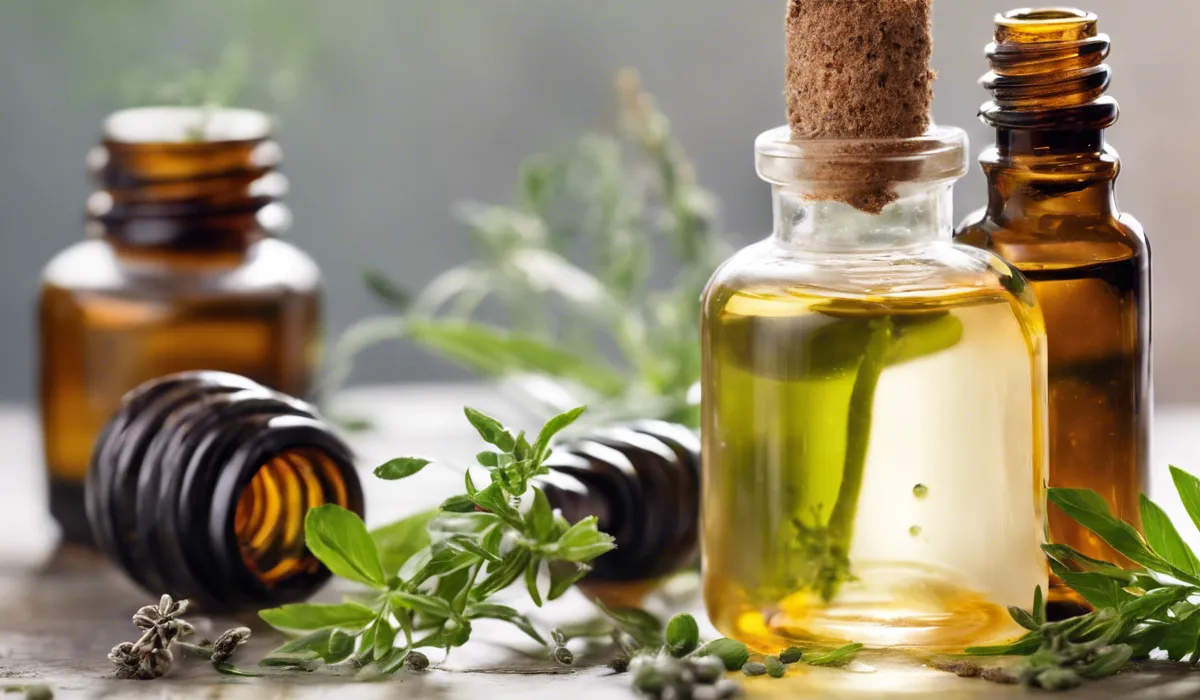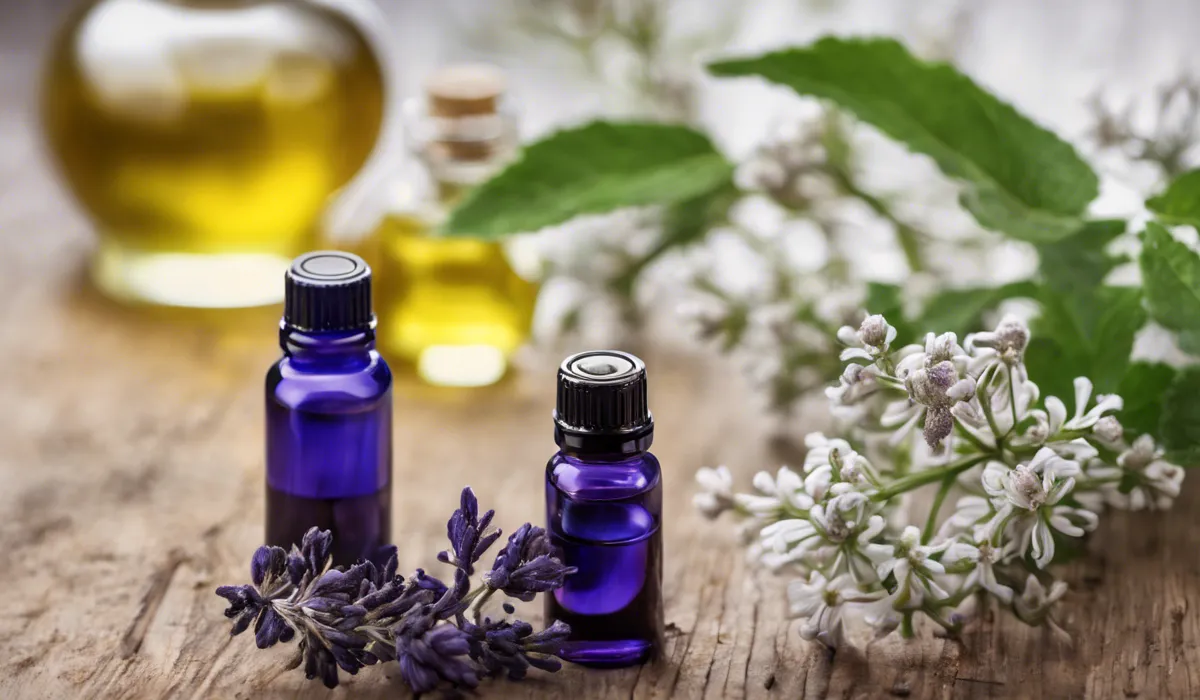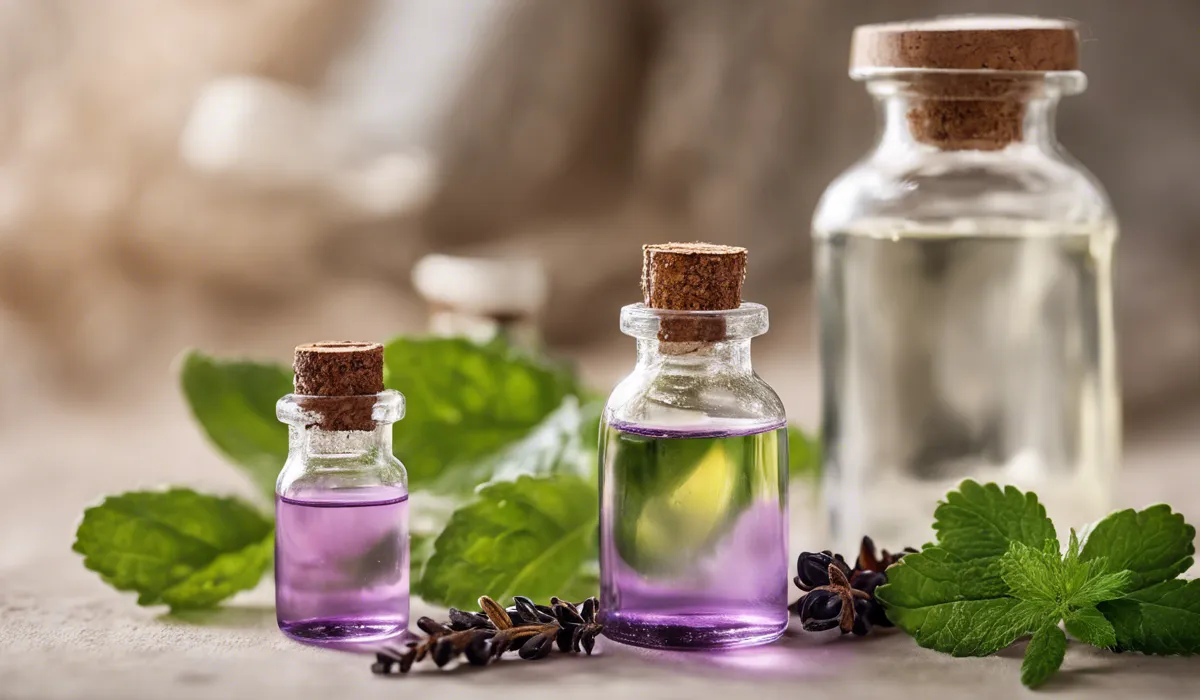Tea tree, clove, and cinnamon essential oils are renowned for their mold-fighting properties. When diffused or applied to affected areas, they can help inhibit mold growth and reduce mold spores in the air.
Understanding Mold and Its Implications on Health

Defining Mold and Its Habitat
Mold is a type of fungus that thrives in moist environments. It can be found in various places within the home, such as bathrooms, kitchens, basements, and any area where water and humidity are present.
Molds reproduce by releasing tiny spores that can travel through the air and settle on surfaces, starting new mold colonies when conditions are right.
Health Risks Posed by Mold
Exposure to mold can lead to a range of health issues, particularly for individuals with allergies, asthma, or compromised immune systems.
Symptoms of mold exposure can include coughing, sneezing, throat irritation, and in severe cases, respiratory infections. It’s crucial to minimize mold exposure to protect your health.
The Necessity of Mold Management
Keeping living spaces free from mold is vital for maintaining a healthy environment.
Addressing mold promptly avoids costly repairs and ensures the well-being of occupants.
Regular cleaning and moisture control can prevent mold growth, creating a safer home.
Essential Oils as a Natural Remedy for Mold

Mold-Fighting Properties of Essential Oils
Essential oils are known for their antimicrobial properties, making them effective against mold.
These oils can disrupt the growth and reproduction of mold spores, helping to control and eliminate mold naturally.
Comparing Essential Oils to Conventional Methods
While traditional mold remediation often involves harsh chemicals, essential oils offer a gentler alternative.
They can be just as effective when used correctly and provide a more pleasant, non-toxic experience.
Safe Use of Essential Oils for Mold
When using essential oils to combat mold, it’s important to do so safely.
Always dilute the oils as recommended and use proper ventilation to avoid irritation or allergic reactions. Essential oils should be kept out of reach of children and pets.
Top Essential Oils for Combating Mold

Tea Tree Oil: A Mold-Fighting Champion
Tea tree oil is celebrated for its potent antifungal and antibacterial properties.
To use it against mold, mix a teaspoon of tea tree oil with a cup of water in a spray bottle, and apply it to moldy surfaces. Leave it to dry naturally for maximum effectiveness.
Clove Oil: The Potent Mold Inhibitor
Clove oil is another powerful weapon against mold. It works best when diluted with water and sprayed onto affected areas.
For ongoing prevention, regularly mist areas prone to mold with a diluted clove oil solution.
Cinnamon Oil: Aromatic and Antimicrobial
Cinnamon oil not only smells great but also has mold-inhibiting qualities.
Incorporate it into your cleaning routine by adding a few drops to your regular cleaning solutions or diffuse it in the air to reduce airborne spores.
Thyme Oil: Herbal Mold Resistance
Thyme oil’s antiseptic properties make it suitable for mold issues. Use it in a diffuser to purify the air or apply it directly to mold spots after proper dilution with a carrier oil or water.
Peppermint Oil: Freshness and Fungicide in One
Peppermint oil offers a refreshing scent and acts as a natural fungicide. It’s perfect for creating a mold-resistant environment.
Mix it with water for a simple, effective spray that can be used on mold-prone surfaces.
FAQs About Essential Oils for Mold
What essential oils help combat mold growth?
Tea tree, clove, and cinnamon essential oils are known for their effectiveness in combating mold growth.
Can essential oils be diffused to reduce mold spores in the air?
Yes, diffusing tea tree, clove, and cinnamon essential oils can help reduce mold spores in the air.
How do you use essential oils to treat mold-affected areas?
Essential oils like tea tree, clove, and cinnamon can be diluted with water or a carrier oil and applied directly to mold-affected areas to inhibit mold growth.
Are there any safety precautions to consider when using essential oils for mold?
Always dilute essential oils before applying them to surfaces, and ensure the room is well-ventilated when diffusing oils to prevent any respiratory irritation.
Can essential oils completely eliminate mold problems?
Essential oils can help inhibit mold growth and reduce spores in the air, but they should be used as part of a comprehensive mold removal strategy, not as a standalone solution.
Final Thoughts
Tea tree, clove, and cinnamon essential oils possess potent mold-combating abilities.
Their use either through diffusion or direct application can effectively suppress the growth of mold and decrease the presence of airborne mold spores, offering a natural and aromatic approach to mold issues.
